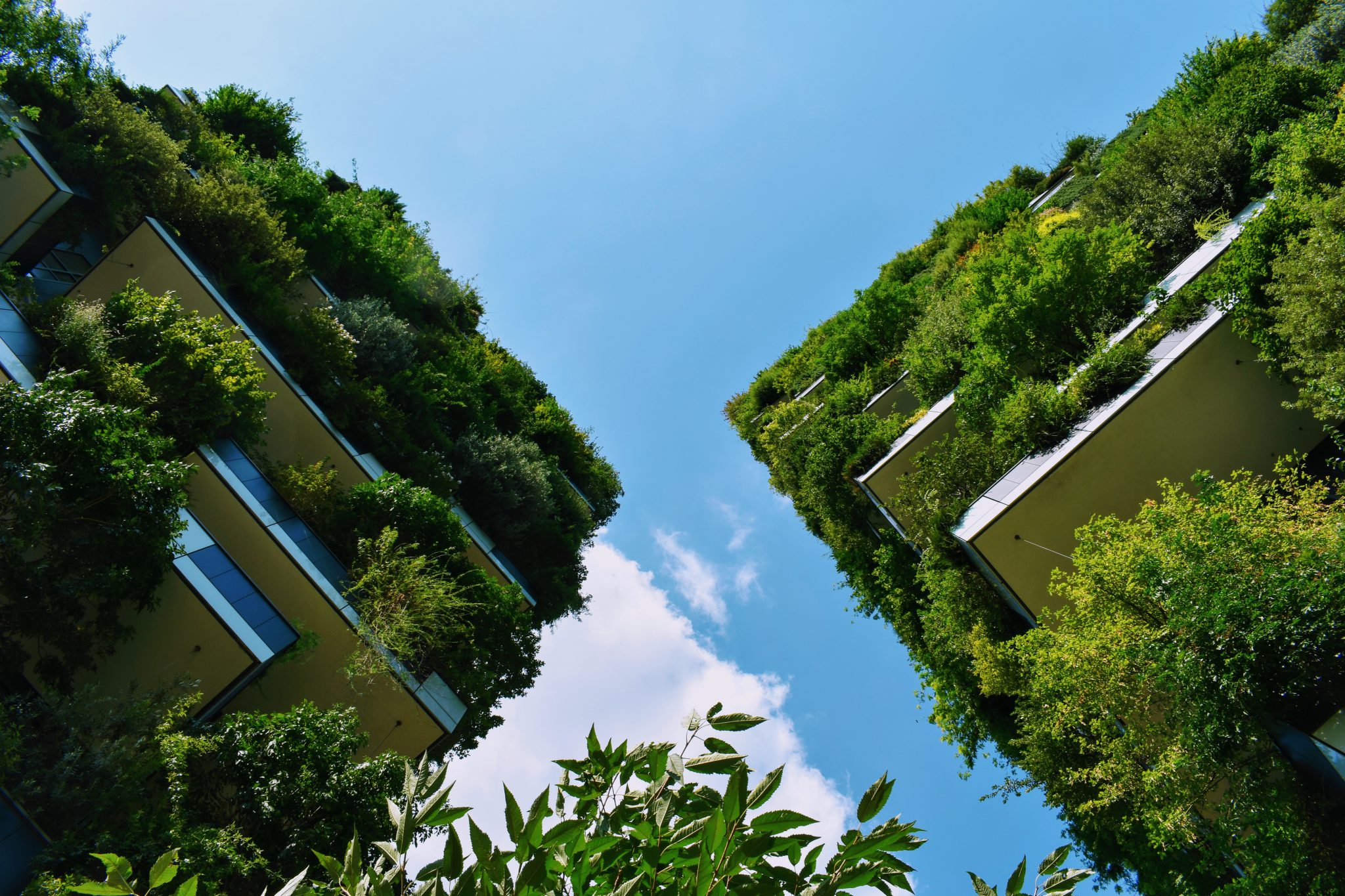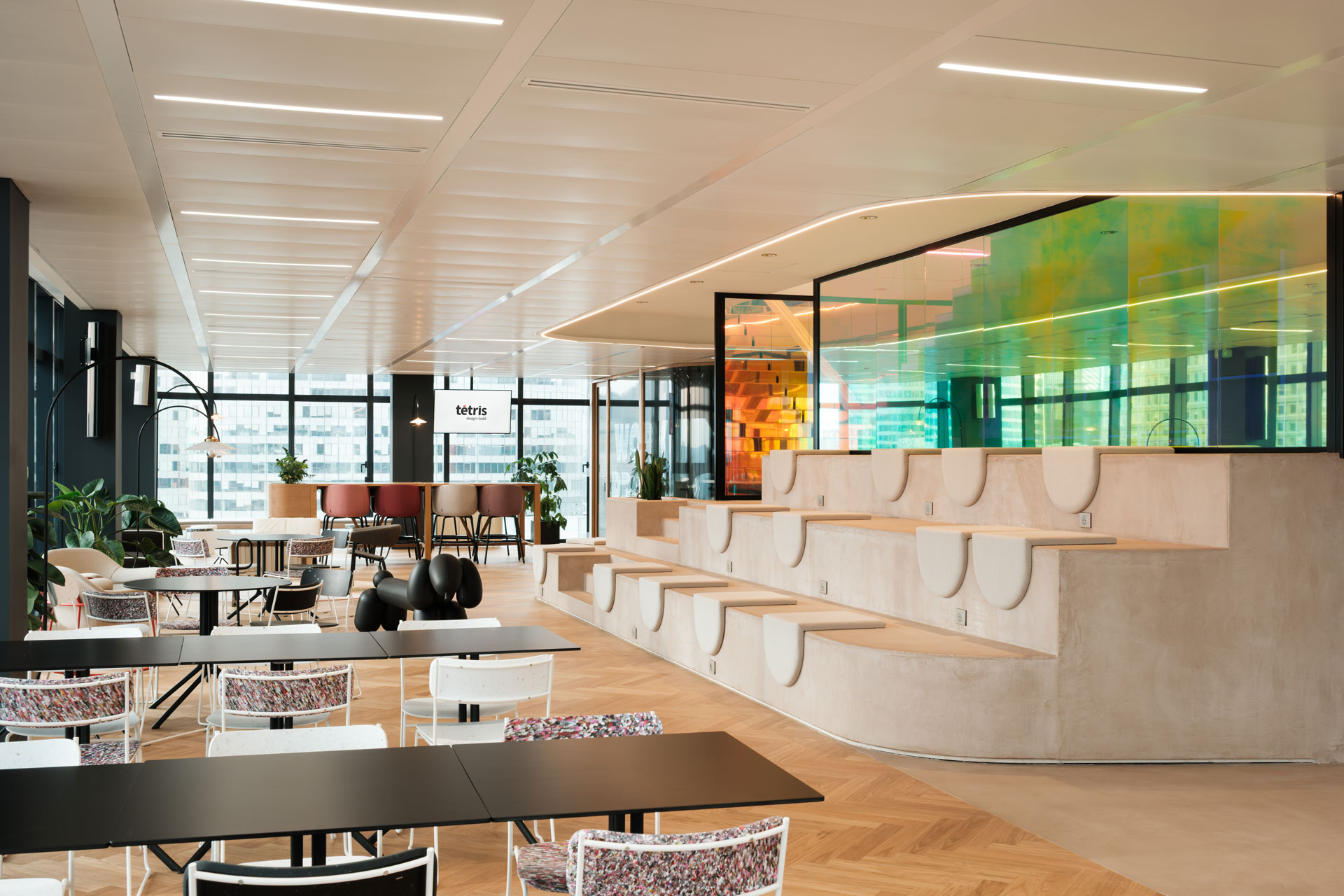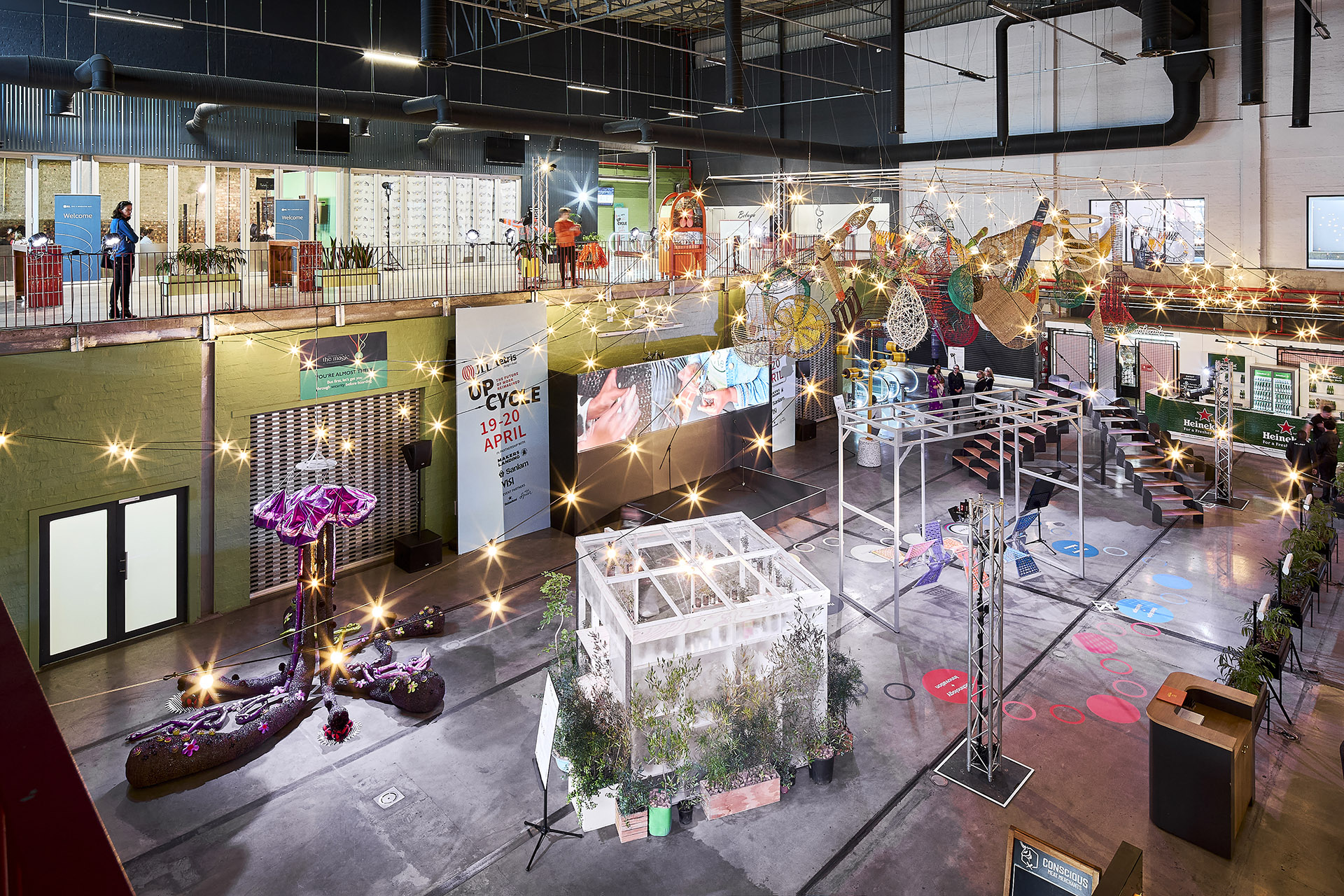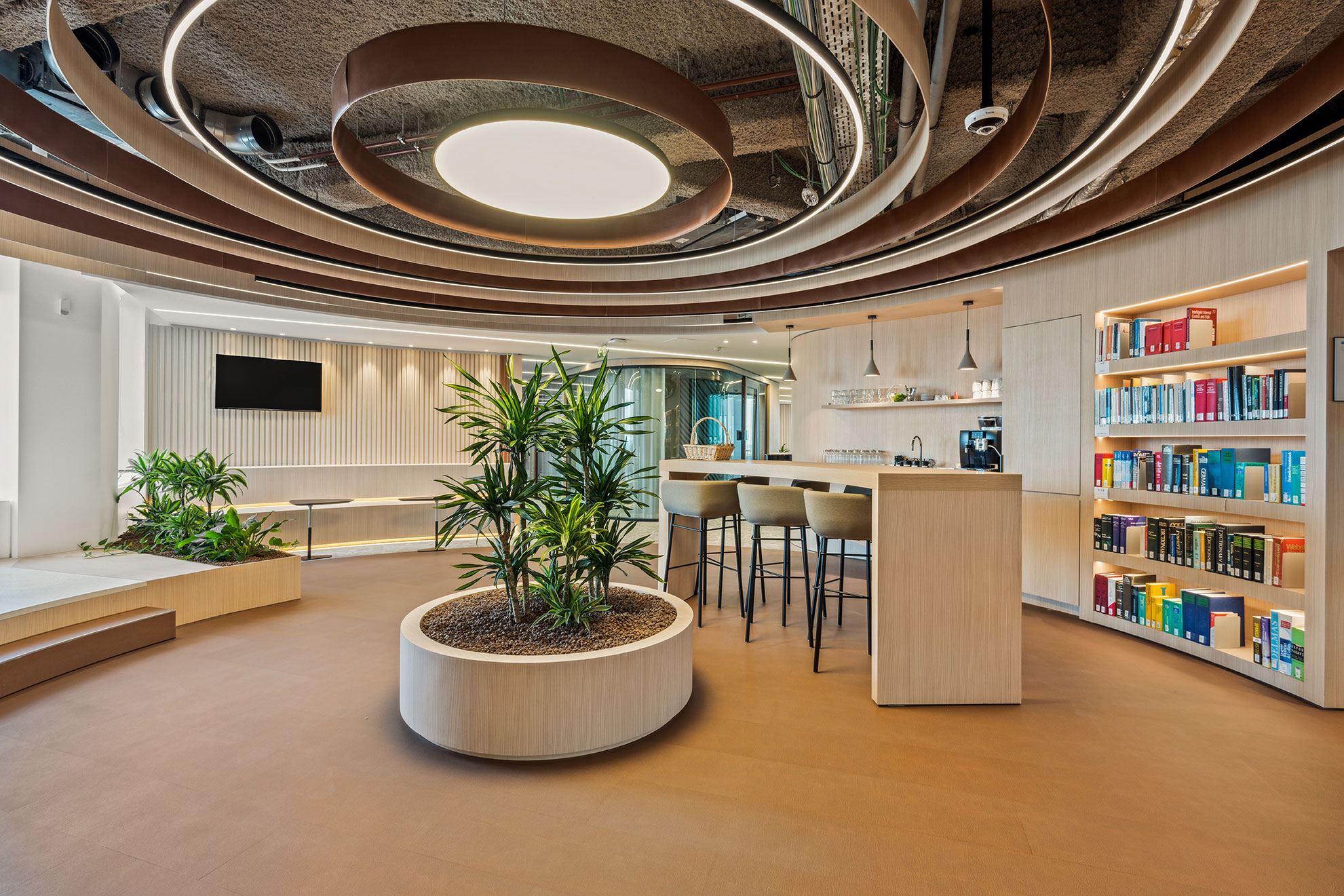Kasha Ströh, Interior Designer at Tétris South Africa, explains how office gardens are sowing the seeds of employee engagement and community spirit.
Green is definitely the new black and many modern offices are on a mission to embrace sustainability and a more eco-conscious perspective. It’s within this context that the ‘urban farm’ or corporate garden trend is growing.
These herb and/or vegetable gardens tick a number of boxes. Not only are they valued for their green aesthetic, but the harvest from beautiful, edible spaces is an added bonus for employees. Imagine popping up to the rooftop terrace to pick some fresh basil for your salad tonight. You’re taking a break and getting some fresh air, getting in touch with nature and benefiting from the organic harvest – certainly beneficial in terms of employee wellness.
And it’s not just commercial rooftops that are sprouting vegetables. Enterprising workplaces are introducing vertical herb gardens, planting produce in sunny courtyards, or salad leaves in containers in breakout areas to give employees more green spaces to relax in. For example, in 2018, the shopping channel, QVC UK, launched its first company allotment for employees to grow their own fruit and vegetables. And in 2017, ENGIE launched the first IoT urban vegetable garden in Brussels to help staff suffering from burnout as they recover.
In Paris, the Stream Building hosts a 1,200 m² vegetable garden on its roof, with the cultivated vegetables, herbs and flowers sold in a grocery store without packaging or used by the restaurants at the foot of the building. It also grows hops (which provides thermal protection for the south facade in summer), which is brewed on site to produce a local beer.
Instead of introducing greenery simply because it looks good and purifies the air, practical planting has a bunch of other benefits (so to speak!) For one, the fresh produce can be used in the staff canteen or at home – no packaging, no travel miles. Another benefit is the opportunity for employees to get involved in tending the gardens, inspiring a collaborative workplace and a healthy mindset, as well as an opportunity to learn a new skill.
Corporate gardens can also impact local communities in a meaningful way. Companies can either donate the harvest to a nearby NGO or take it a step further by inviting community members to tend the gardens and then benefit from the produce, building strong and sustainable relationships at the same time.
Taking it one step further is a plan to introduce beehives in urban workplaces. It’s gaining popularity in the US where companies are signing up to help combat the declining global bee population, and with it the wellbeing of our fruit and vegetables, by installing active beehives on their corporate campuses.
Whatever features it includes, the corporate garden is something we’ll see more of in years to come as landlords and occupiers increasingly prioritise both sustainability and employee wellbeing – and create their own leafy green oases to make the most of their space and nurture their environment.



